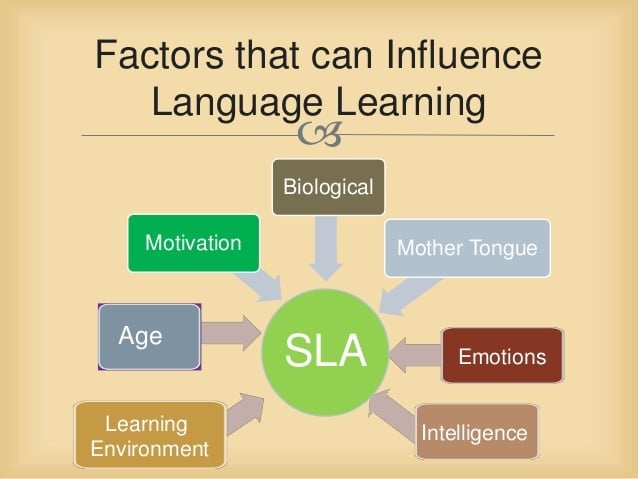Today, we’re going to reveal the top 5 myths about learning a new language.
Myth #1: “I can’t learn a language because I can’t travel…”
The requirement to travel in order to learn a language is probably one of the biggest misconceptions we have. Part of the reason is that we see language bloggers putting up photos of themselves traveling the world and interacting with native speakers. This can be a good source of motivation for us to learn the language, but it’s fairly misleading. Most people, including language experts, are learning a language in their local city. Unless you have the luxury of escaping for a full year to go on a language immersion, you’ll need to learn via a conversation exchange, language school, or with a private online teacher.
Myth #2: “All language learners are more extroverted than I am…”
When we picture a polyglot, we naturally see someone at a social event speaking multiple languages with other attendees. In reality, polyglots are no more extroverted than the average individual. They stumble upon awkward situations, and they feel moments of nervousness when meeting random strangers. In other words, there are certain polyglots who are introverted, and other polyglots who are extroverted– just like everyone else. What should be noted is that polyglots enjoy the act of practicing their target language, and they seek out opportunities to interact with native speakers because of this reason. If you’re letting this limitation prevent you from starting, you should remember that there are other language learners who have been in the exact same shoes as you are.
Myth #3: “I’m too old to learn a language…”
You’ve probably heard this before. “Am I too old to learn another language?” “I learned [insert language] when I was young, but I can’t learn one now…” This is another outdated myth that we’ve believed for far too long, and recent studies have appeared disproving this logic. Sure, our brains were developing at a faster rate when we were children, but that’s not the entire picture.
Age is only one of the many factors that affect our learning speed, along with emotions, genetics, learning environment, internal motivation, and more. It also depends on what languages you already know. For example, if you’re an English speaker, learning how to speak Spanish is going to be much easier than learning Mandarin.
Myth #4: “Everybody speaks English. Why do I need to learn another language?”
Yes it’s true. There are a lot of people in the world that speak English. About one quarter of the world’s population. But what about the other 5.4 billion people around the world?
In the multicultural world that we live in, everything from business, entertainment, and culture is becoming globalized. If you want to thrive in the 21st century as a professional, it’s worth learning a foreign language, because you never know when it will come in handy.
Myth #5: “I don’t have enough time…”
All of us have 24 hours in a day. That’s the beauty of time, it is the greatest equalizer among us. The difference between successful people and the rest, is that successful people know how to prioritize what’s important in their schedule. If learning a language is on your list of things to do, any one of us can find time to learn something new. Today, there are solutions that allow you to learn a language on your own time, and in the comforts of your own home. Which means finding the solution isn’t the problem, it’s finding the inner motivation inside of you to find the time to achieve what you deserve.

